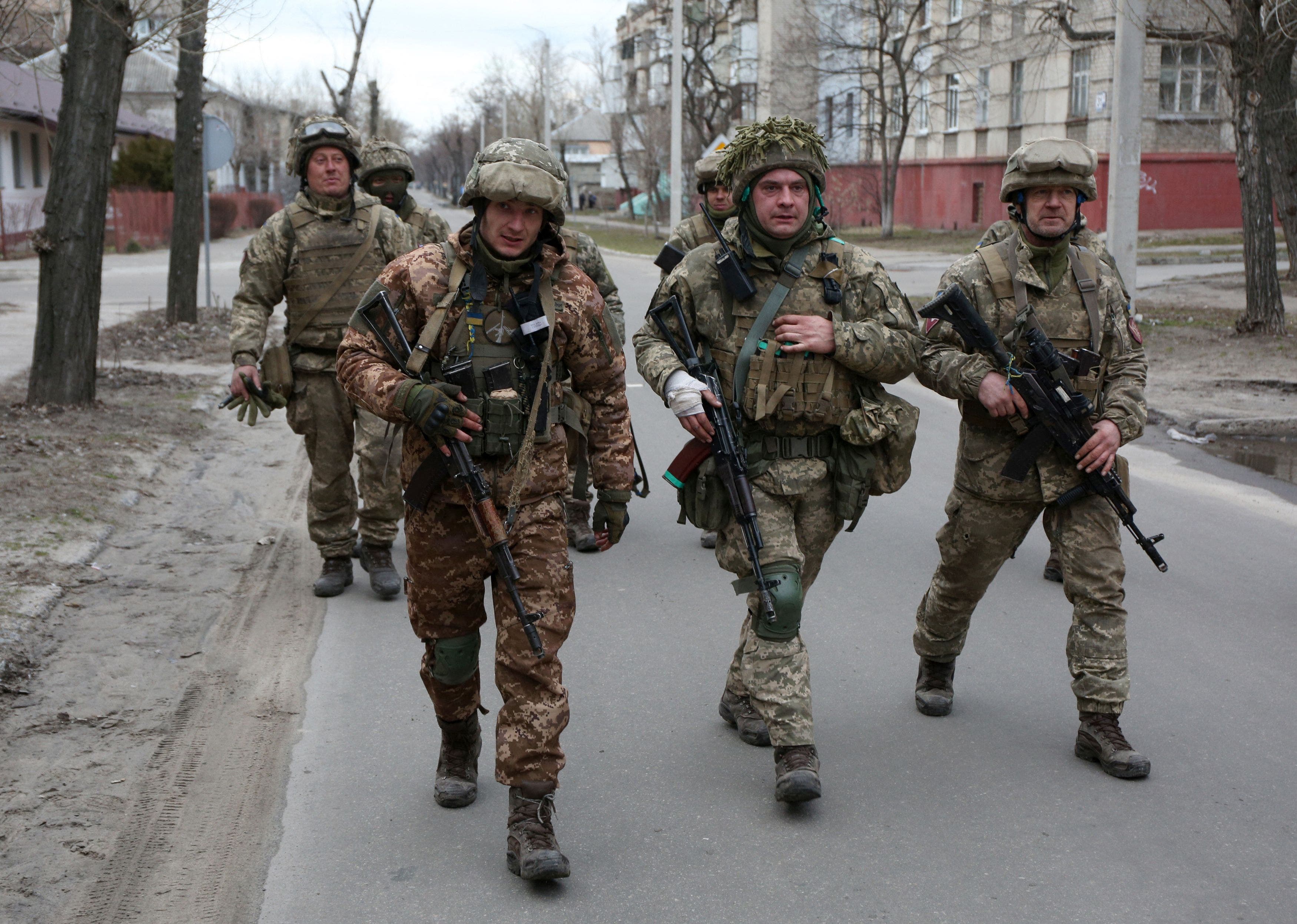Historical Context and Background: Russia Ukraine War Russian

Russia ukraine war russian – The historical origins of the conflict between Russia and Ukraine date back to the dissolution of the Soviet Union in 1991, when Ukraine gained independence. Ukraine’s independence has been a source of tension with Russia, which has long viewed Ukraine as within its sphere of influence.
The ongoing conflict between Russia and Ukraine has sparked global concern, with many wondering about the potential consequences for international security. Amidst the turmoil, the rise of JD Vance, a Republican candidate in the Ohio Senate race, has drawn attention due to his family’s ties to Russia.
Vance’s grandfather, an immigrant from Ukraine, worked in a steel mill that was later acquired by a Russian oligarch. Learn more about JD Vance’s family and their connections to the ongoing crisis in Ukraine.
In the years leading up to the 2022 invasion, tensions between Russia and Ukraine escalated over a number of issues, including Ukraine’s pro-Western orientation, its desire to join NATO, and Russia’s annexation of Crimea in 2014. The annexation of Crimea was widely condemned by the international community, and led to the imposition of sanctions on Russia.
The ongoing Russia-Ukraine war has brought to the forefront the complex geopolitical landscape, with various religious and political affiliations shaping the conflict. In the United States, the gubernatorial race in Virginia has also sparked discussions about the role of religion in politics, particularly in relation to Glenn Youngkin, whose religious beliefs have been a topic of debate.
As the war in Ukraine continues to escalate, it remains crucial to consider the interplay between religious and political ideologies in both domestic and international affairs.
Geopolitical Factors
The geopolitical factors contributing to the tensions between Russia and Ukraine are complex and multifaceted. Russia sees Ukraine as a buffer zone between itself and NATO, and fears that Ukraine’s membership in NATO would threaten its security. Ukraine, on the other hand, sees NATO membership as a way to protect itself from Russian aggression. The conflict between Russia and Ukraine is also a reflection of the broader geopolitical rivalry between Russia and the West.
Military Operations and Impact

The war in Ukraine has witnessed complex military strategies and tactics employed by both Russia and Ukraine. Russia’s initial plan involved a swift and overwhelming assault aimed at capturing major cities and decapitating the Ukrainian government. However, fierce Ukrainian resistance, combined with logistical challenges and strategic missteps, has forced Russia to adapt its approach.
Russian Military Strategy
Russia’s military strategy has evolved throughout the conflict. Initially, it focused on rapid advances and encirclement maneuvers. However, after encountering stiff Ukrainian resistance, Russia shifted to a more cautious and incremental approach, relying on artillery barrages and siege tactics to wear down Ukrainian forces.
Ukrainian Military Strategy
Ukraine’s military strategy has been characterized by a combination of defensive and counteroffensive operations. Ukrainian forces have employed guerrilla tactics, ambushes, and mobile defense to slow down the Russian advance and inflict heavy casualties. They have also received significant military aid from Western countries, which has helped them to strengthen their defenses and launch counteroffensives.
Human Toll
The human toll of the war has been devastating. Civilian casualties have been high, with thousands of people killed or injured. The conflict has also displaced millions of Ukrainians, both within the country and to neighboring regions.
Regional and Global Impact, Russia ukraine war russian
The war in Ukraine has had a profound impact on regional and global security. It has heightened tensions between Russia and the West, leading to increased military spending and diplomatic isolation for Russia. The conflict has also disrupted global energy and food markets, causing economic instability in many countries.
International Response and Diplomacy

The international community has responded to the Russia-Ukraine war with a range of diplomatic efforts, including negotiations, sanctions, and military assistance.
The United Nations has played a central role in mediating the conflict. In March 2022, the UN General Assembly passed a resolution condemning Russia’s invasion and demanding its withdrawal from Ukraine. The UN Security Council has also held several emergency meetings on the crisis, but has been unable to reach a consensus due to Russia’s veto power.
NATO, the Western military alliance, has provided Ukraine with significant military assistance, including weapons, training, and intelligence. NATO has also deployed additional troops to its eastern flank, in a show of support for its member states that border Russia.
The United States and other Western countries have imposed a range of sanctions on Russia, targeting its economy, financial system, and individuals close to President Vladimir Putin. These sanctions have had a significant impact on the Russian economy, causing the ruble to plunge in value and leading to shortages of essential goods.
Ukraine has also received humanitarian assistance from the international community, including food, medical supplies, and shelter. The United Nations estimates that over 10 million people have been displaced within Ukraine due to the war, and millions more have fled to neighboring countries.